When I’m working with clients at my day job as a therapist, a lot of questions get asked. These can as often be prompted at the client’s request than from my own professional curiosity. However, at some point in the course of our work, one question will almost always be arrived at, regardless that finding its answer in a general or objective sense would seem intimidating: what’s normal supposed to be?
This question is provoked by the arrival of two large, often incompatible and almost always incongruent masses: our-normal — the nuanced consideration of the innate (though not necessarily immutable) principles and conditionings that define who we are as individuals — and normal-normal — the broader idea of how we should be both as individuals and with others, and our expectations for how society works. In our unprecedented present situation, given widespread self-isolation, a death count that isn’t stopping soon, and worldwide unemployment, to name just a few items, normal-normal seems less normal than it did previously.
I’ll start by saying that I’m pretty sure our-normal, who we are as individuals, isn’t going to change as much as some might fear. Individual change happens slowly, even when its intentional. That said, over the course of our current crisis we may feel different due to a host of serious inconveniences, which — depending upon socio-economic factors — might wreak havoc on our lives, even traumatize; this isn’t even to mention the ever-present tension and the fact most of us don’t know what the the future looks like beyond the next week. This is not a safe time, for anyone, and these sorts of situations don’t happen often on a worldwide scale. In light of this, if we find ourselves suffering anxiety or depression during this unsafe time, even if we haven’t experienced those things before, I don’t generally consider that to be a sign of our-normal changing; I would contend it’s a sign of our-normal reacting within an allowable range, given the present context. If anything we may end up seeing more of ourselves (the good and the meh).
For me, the prime question boils to: when this is all done, what’s normal-normal going to be? What will normal be like with respect to unemployment support and health care services? What’s normal like for travel and public gatherings? When we don’t even know the next time we’ll be allowed to sit in a pub or café — let alone our favourites because they might’ve gone out of business? When we don’t know when we’ll be seeing our next paycheque, what’s normal supposed to look like?
I’m tempted to look at normal like the passage of time from the standpoint of physics. Time doesn’t really pass, it just is. There isn’t really a 2pm — that’s just society trying to sort itself out so that we know when to sleep and when to feed the chickens. Given the unpredictable timeline ahead of us, I think we will need to look at normal-normal similarly. Most of us would readily acknowledge that words such as “normal” are open to subjective bias, even if at the same time we are using them to define objective standards because we have to, because humans. I think we may be less comfortable acknowledging that normal can be something as subject to change as it is to definition.
What’s happening, I feel, is not the suspension of normal-normal, or normal-normal being reprogrammed. Like being part of an engrossing movie only to catch a piece of fake scenery, we are jolted out of the way we have accepted our places in, and the construct of, pre-pandemic society. I see this as an opportunity to question to what degree normal-normal, beyond semantics, truly exists, and who benefits.
I feel it’s important not to get too hung up on restoring whatever our collective version of normal-normal was, like the last backup of a computer. Among other things, there’s a lot of inequality there. When our community, municipal, provincial, and federal representatives inevitably talk about moving forward I would prefer that we not reflexively reach for previous notions without first considering what can be addressed so that there is less inequality. I want to pay attention to the laws and precedents being laid down presently — like taking over a hotel in order to house the homeless, an initiative that was ignored by city council in the past — so that we are able not only to take care of ourselves and our communities today, but to think about the evolving normal-normal we want from this point forward.
As I might venture to share with a client, in answer to that inevitable question I opened with, whatever normal can be, whatever normal can include, we get to have a say.
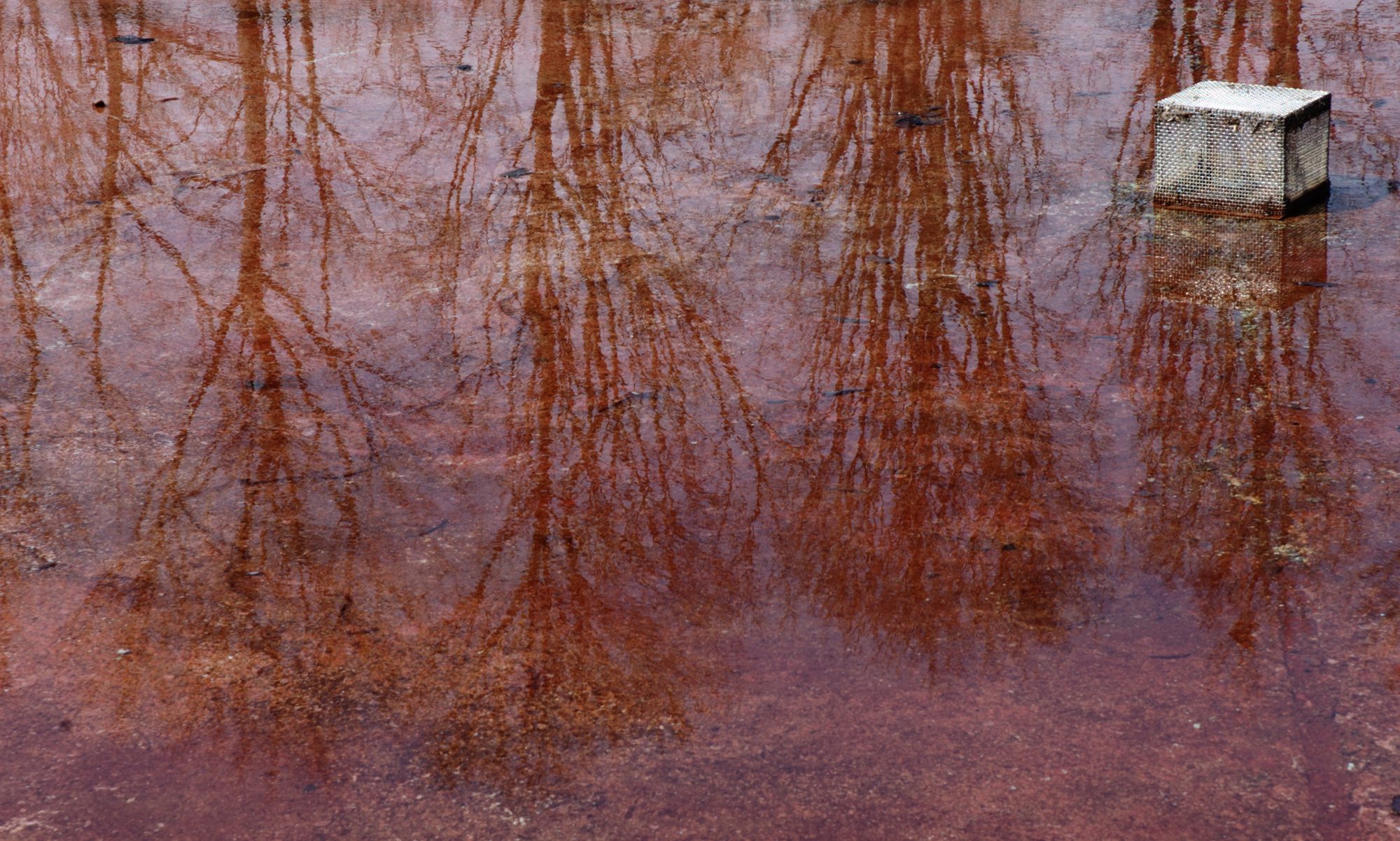

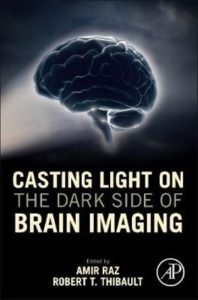
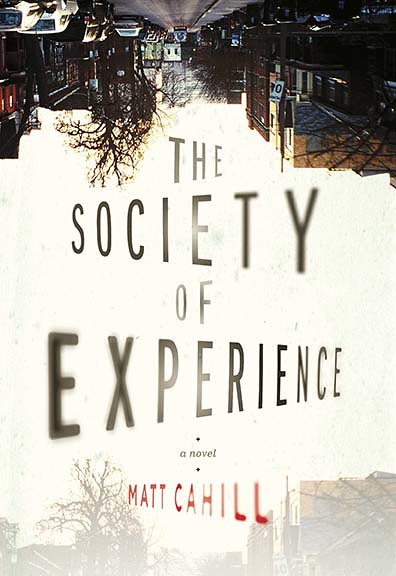
 Because it’s a Halloween-themed event, I’m going to be reading an excerpt from my short story,
Because it’s a Halloween-themed event, I’m going to be reading an excerpt from my short story, 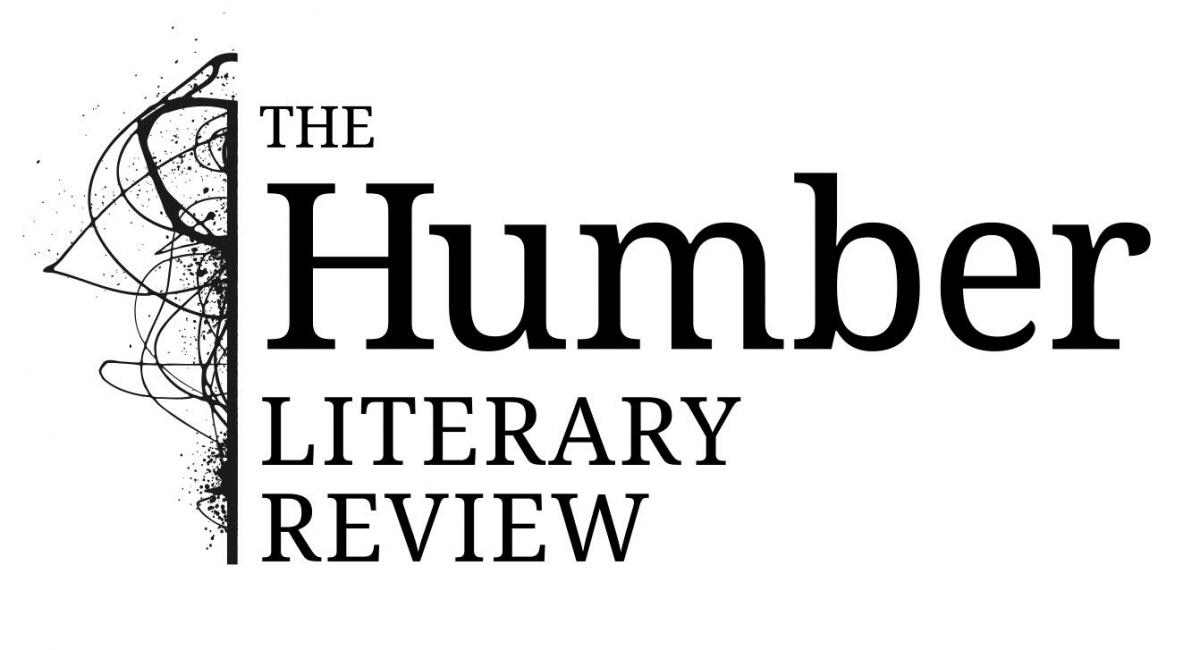


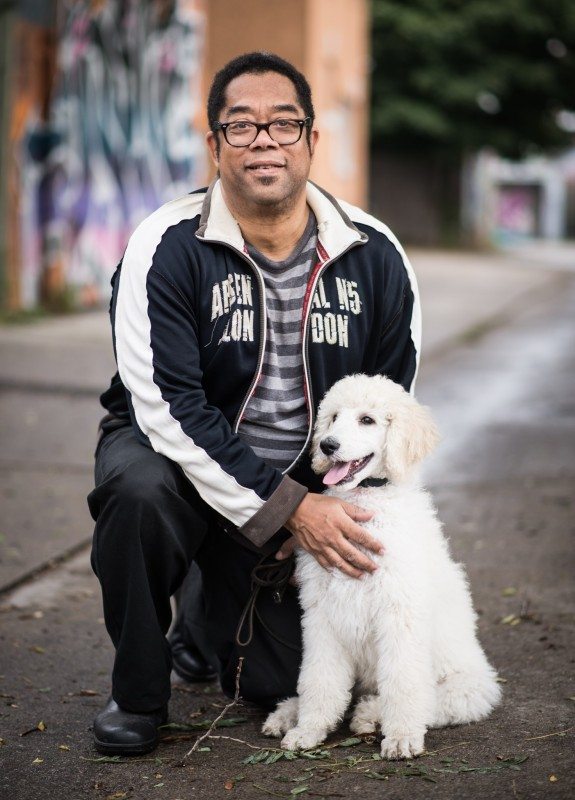 I’m very happy to have SOE receive this sort of attention, and grateful. I’ll keep you posted on whether it makes the cut!
I’m very happy to have SOE receive this sort of attention, and grateful. I’ll keep you posted on whether it makes the cut!
 I cannot believe how the stars aligned for this, but
I cannot believe how the stars aligned for this, but